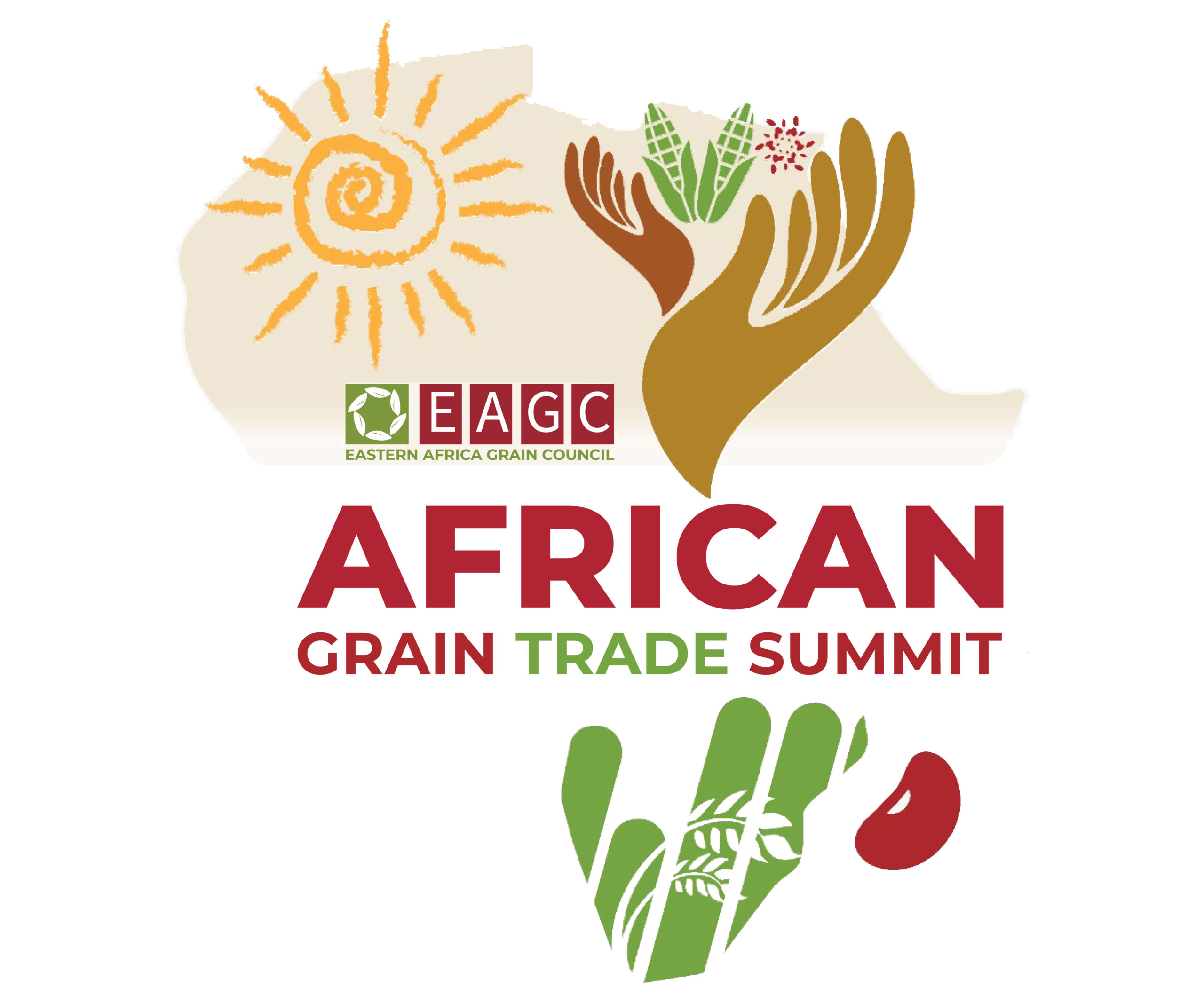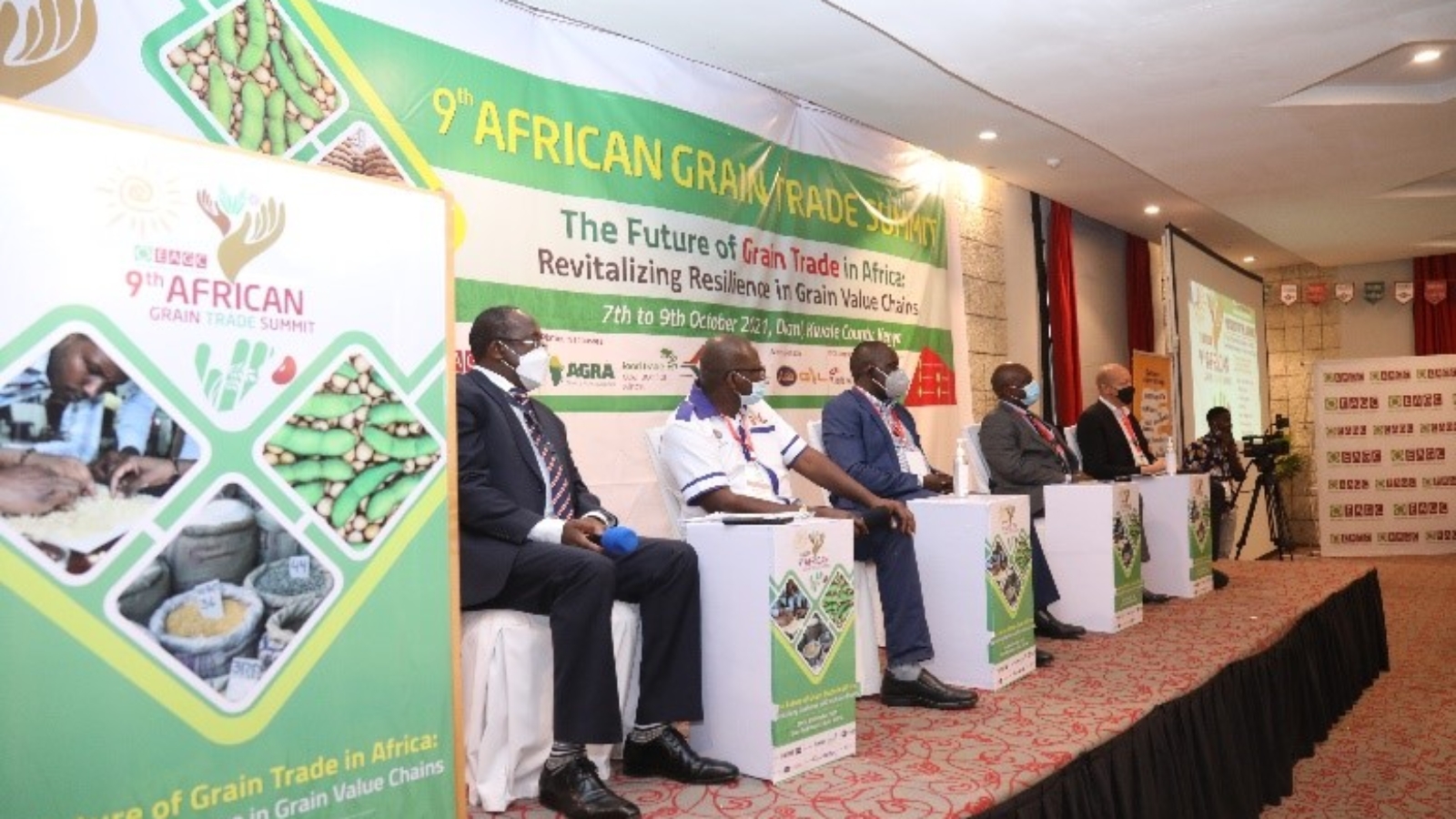On 7th to 9th October 2021, the Eastern Africa Grain Council (EAGC) in partnership with the Government of Kenya hosted the 9th African Grain Trade Summit (9th AGTS) at the Diani Reef Beach Resort in Ukunda, Kwale County, Kenya.
The summit which carried the theme “The Future of Grain Trade in Africa: Revitalizing Resilience in Grain Value Chains” while the previous AGTS (8th AGTS 2019) carried the theme, “Transforming Grain Trade Value Chains for a Prosperous Africa” and was more forward-looking as it tried to inform the necessary policies and interventions to make the grain sector better prepared to serve a highly dynamic world. Since then, the Covid-19 pandemic disrupted global, regional and domestic grain value chains.
With the global economy adjusting to a new normal and with the Covid 19th Pandemic still relevant, the 9th AGTS theme was about recovery of the grain sector and making it more resilient against future disruptions. Additionally , the past two years have seen a renewed focus on food safety in commodity trade. Media exposés on food safety, particularly the plight of aflatoxin in maize and groundnuts have led to increased scrutiny on grain value chain operations by regulators.
Africa is becoming increasingly important in global grain trade with a widening import gap (estimated at US$ 43 billion in 2019 and projected to reach US$90 billion by 2030) resulting from food production and productivity growth lagging behind , growth in demand to feed fast-growing and rapidly urbanizing populations makes Africa an increasingly important destination for grain commodities produced outside Africa particularly rice, wheat and soybeans – and in some cases maize.
Africa’s untapped agricultural potential is attracting increased interest from more advanced economies looking to invest in agricultural production on the continent to feed their industries and populations. This is exemplified by China-Tanzania deals for soybean production in Tanzania for export to China and growing movement towards adoption of biotechnology in African food systems. These trends present both opportunities and challenges for Africa, thus presenting a need for strategic dialogue to equip the sector to navigate these opportunities and challenges accordingly.
Climate change is causing increasingly erratic production, more food insecurity and greater pressure from invasive pests than ever before. Yet demand for food grains continues to growth unabated. Therefore, grain sector agribusiness models need to adapt to climate change for greater sustainability. This presents a need for an in-depth look into modalities to mitigate climate risks and come up with appropriate recommendations.
The 9th AGTS discussions on the future of grain trade in Africa revitalized resilience in grain value chains. The communique can be found here.

